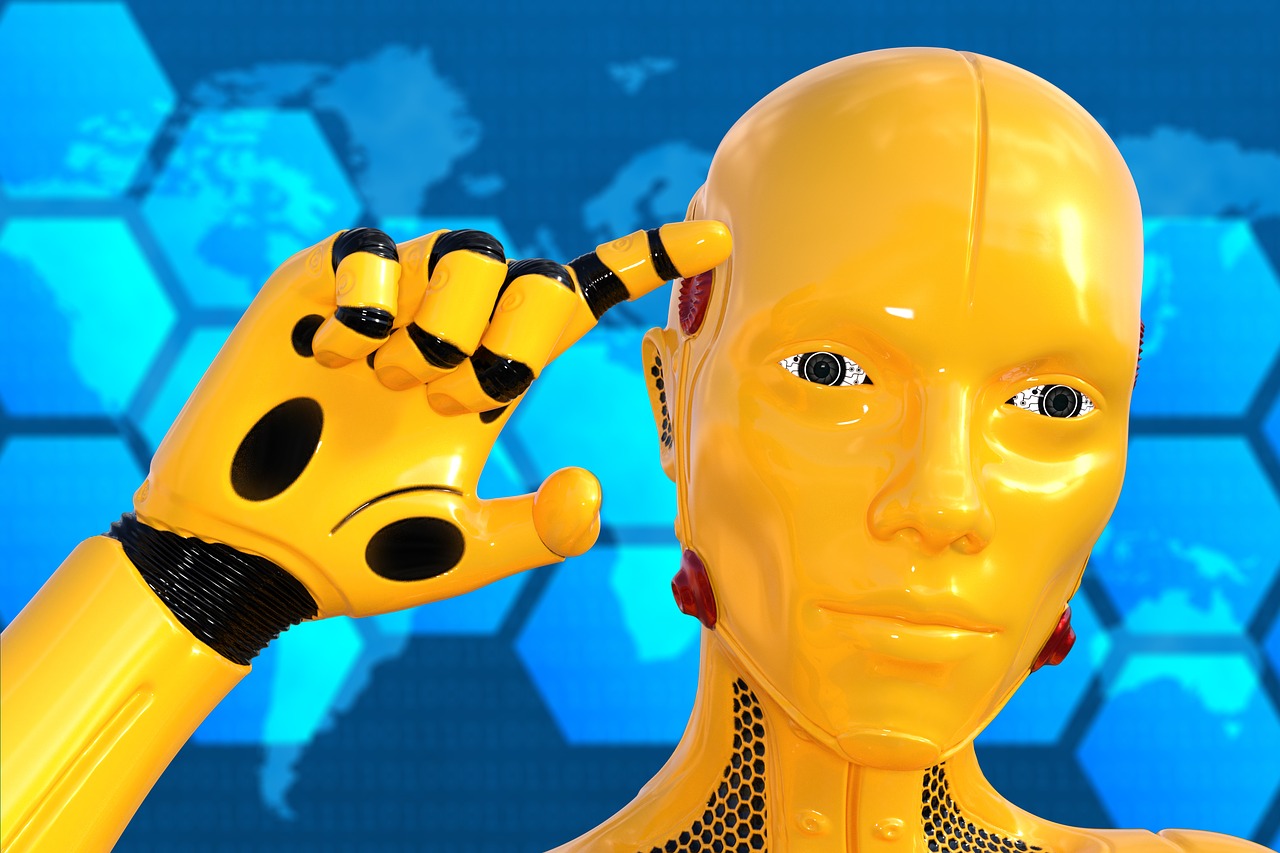When John Bell was challenged to transform Fletcher Building’s group technology function so the business could grow and differentiate in the market, he put the human element front and centre, with a ‘transform from within’ approach.1
“You just can’t move faster than what people can absorb…
Ultimately work gets done through people.” John Bell
After consulting with staff across New Zealand, Australia, Europe, the United States and Asia, the three strategic themes were defined as:
- Transform the IT function
- Rationalize the underlying platforms
- Drive digital enablement
This meant a complete reconfiguration of the technology function and centralization of 20 IT teams across the globe, to achieve two goals: Delight customers and Make Group Technology a great place to work. Both are essentially human, as were:
- ‘involving everyone’ – ‘heart and mind’ – beforehand
- employees bringing their ‘best selves’ to work every day.
“We had to address the cultural changes required in moving to a function that is focused on supporting the whole business with a ‘customer first’ ethos. This has been the single biggest area of focus and change.” John Bell
Has it worked? The provider of Fletcher Buildings’ Engagement survey points to the unprecedented 100% response rate by the team at a time when long-term staff said they’d experienced more change in the last two years than the previous 20. In addition, the unit’s culture change put it in the organization’s top 25%, with significant improvements in all key metrics since 2016.
I read this article at the same time similar themes were being reported in diverse situations across the globe – commentary about leaders like Gareth Southgate, manager of England’s soccer team and those involved in the heroic rescue of 13 youngsters in harrowing circumstances in Thailand.
When John Bell says: “It’s not about individual heroics but working together to get things done,” he may well have been talking about the incredible rescue conducted by an international crack team that had to work seamlessly and selflessly for a cause greater than any one individual.
Bell compares ongoing personal development in the technology team to physical fitness: “It’s like focusing on one’s health, if you don’t take a disciplined approach, you get out of shape. It’s the same in your career.”
When he says: “We live in a world of change, and the only way we can both cope individually, and help lead our businesses through technology changes, is to embrace a growth mindset, to ensure we’re committed to a programme of continuous learning.” With this, he echoes Southgate’s view of the England team as a ‘work in progress’2, committed to ongoing learning and improvement.
Pundits refer to Southgate’s calm, considered approach and his insistence on players having decision-making power. Mark Bosnich who played with Southgate in the early 2000s commented – both in print and on television – on Southgate’s emphasis on relationships, building trust and simply doing the right thing.
When John Bell says “Never lose sight of the true north, particularly when the going gets tough. We’ve tested on this a few times; it is so easy to compromise and violate for expediency” he may well be giving advice to the frantic families gathered at the mouth of the cave in Thailand, who simply wanted the boys out as quickly as possible.
Talking of testing, many digital leaders will identify with long nights and dark days when you feel you are reaching for the impossible and you wonder how much more people have to give. While business leaders may not literally lose a life (like that of the 38-year old rescue diver in Thailand), there can surely be no doubt about the physical health toll organizations place on people – at significant personal cost.
“It is not about you, it’s about your team….. The job gets done when people work together……..the most important people are the ones on the front line, engaging every day with our customers…….I also have a role to play but stand in awe every day as I witness the dedication and commitment of our staff. I’m committed to helping make their job easy and better,” says Bell.
The approach John Bell took to ensure success with a transformation programme contains global success principles applying across all types of human endeavor: whatever the situation, true success is from and for people.
No matter how sophisticated technology gets, it is essentially HUMAN to:
- last 6 hours in a Wimbledon semi-final, with one set of 26 games3
- exceed all expectations of what is possible ‘on paper’ to come fourth in one of the most exacting global sporting competitions – the Football World Cup
- keep going back, day after each oxygen-deprived day, into dark, murky, rapidly flowing water to save 13 youngsters, all the while knowing that a fit, 38 year-old fellow diver had died days earlier doing just that
- have wisdom to seek and then follow advice, slowing the rescue down to tap into collective global intelligence – gathering a crack team and pacing the planning to ensure success for everyone involved
At a time of AI and robotics, many may question the future role of humans. A timescale model grapples with this: “…accelerating learning for individual process steps is not enough to create either aggregate learning or competitive advantage…….. To compete on the ability to learn, leaders must reinvent their organizations to leverage both human and machine capabilities synergistically to facilitate learning on all timescales.”4
In a big data world, just because you can, doesn’t mean you should. For success, in human terms, keep referring back to True North – what really matters – whether in a dark, damp, dangerous cave or during the turbulence of digital transformation. For the human race, do the right thing.
Sources:
1“A Kiwi global CIO’s framework for building a change-ready, growth-minded ICT team” by Divina Paredes (CIO New Zealand) 23 April, 2018 06:30 https://www.cio.co.nz/article/640333/kiwi-global-cio-framework-building-change-ready-growth-minded-ict-team/
2“Mark Bosnich on Gareth Southgate — the architect of England’s football rebirth” by Simon Hill. Fox Sports. July 3, 2018 https://www.foxsports.com.au/football/world-cup/mark-bosnich-describes-gareth-southgate-as-the-architect-of-englands-football-rebirth/news-story/e407e8ce76269043e66d2d7fb7e36ec9
3Wimbledon: Kevin Anderson wins epic semi in second longest game ever at championships. Stuff. 07:35, July 14 2018 https://www.stuff.co.nz/sport/tennis/105487992/wimbledon-kevin-anderson-wins-epic-semi-in-second-longest-game-ever
4”Competing on the Rate of Learning” by Martin Reeves and Kevin Whitaker. Jul 10 2018
https://bcghendersoninstitute.com/competing-on-the-rate-of-learning-23e725ac433e
About the Author:
Tag/s:Artificial Intelligence





